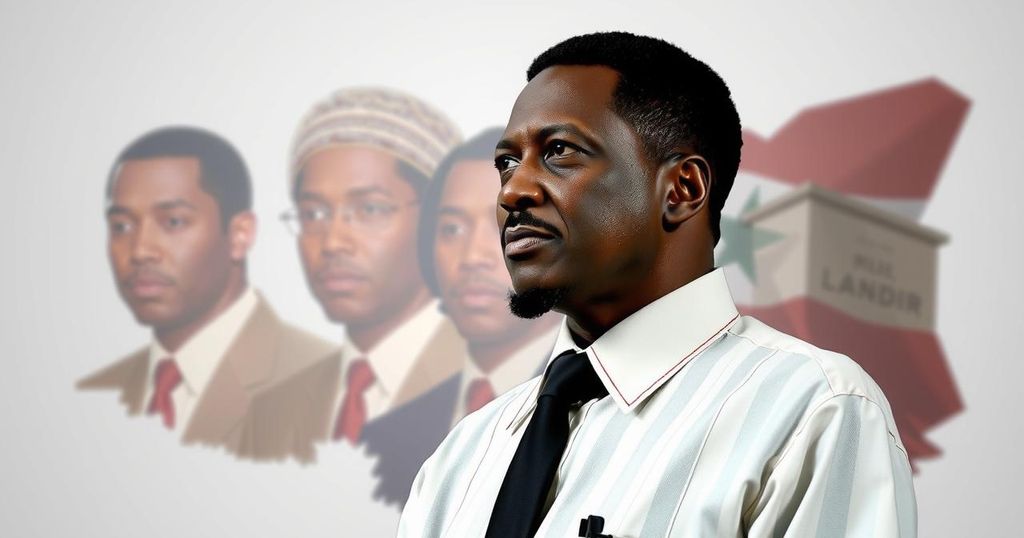The United Nations has launched an initiative to overcome political deadlock in Libya and facilitate overdue presidential elections. The plan includes forming an advisory committee to address electoral laws and conducting structured dialogues to unify political factions. Recent local elections demonstrate Libyans’ eagerness for democratic participation, amidst ongoing challenges such as arbitrary detentions and regional instability. The success of the plan involves collaborative efforts from Libyan leaders and international partners.
The United Nations has unveiled a new initiative aimed at resolving Libya’s persistent political deadlock and facilitating overdue presidential elections. During a briefing to the Security Council, Stephanie Koury, Deputy Special Representative for Libya and acting head of the UN Support Mission in Libya (UNSMIL), outlined a comprehensive plan that includes the formation of an advisory committee tasked with revising electoral laws and proposing a clear roadmap for elections. This committee will feature experts reflective of Libya’s diverse political spectrum, ensuring inclusive representation, particularly emphasizing the participation of women and youth.
UNSMIL’s strategy also includes convening structured dialogues among Libyan stakeholders to forge a unified national outlook on the country’s future. Ms. Koury expressed the significance of these dialogues in fostering inclusivity and strengthening the political process’s legitimacy. She expressed optimism that this initiative would leave a lasting impact while also facilitating the ongoing constitution-making efforts.
Following a decade of political strife since Muammar Gaddafi’s ousting in 2011, Libya has been divided between two rival administrations. The internationally recognized Government of National Unity (GNU) operates in the northwest, while the Government of National Stability (GNS) resides in the east. The anticipated elections, originally scheduled for December 2021, were postponed due to disputes over candidate eligibility, underscoring the urgent need for a political resolution and on-the-ground consensus.
The recent local elections held on November 16 highlighted the Libyan populace’s desire to select their government representatives freely. Ms. Koury conveyed her admiration for the people’s unwavering commitment to electoral participation, reinforcing the belief that the current situation is untenable and that external actions by political entities have led to institutional fragmentation.
Despite recent developments like the Central Bank’s leadership resolution, significant challenges remain, such as arbitrary detentions and regional instability, compounded by a rising influx of Sudanese refugees since the Sudan conflict. Ms. Koury articulated the necessity for transparent investigations into deaths in custody, emphasizing that accountability is paramount. She underscored the importance of international backing for the UN initiative, asserting, “Libya’s guns largely remain silent, but it is neither stable nor at peace.”
In conclusion, Ms. Koury stressed that achieving a lasting political settlement in Libya will necessitate both political resolve among Libyans and unified, coordinated support from the international community to overcome entrenched divisions and facilitate meaningful progress towards national elections.
The Libyan political landscape has been marred by fragmentation and strife since the fall of Gaddafi in 2011. The country has faced a prolonged impasse marked by competing governments contending for control since 2014. The United Nations has been actively involved in seeking to restore order and promote democratic processes. Recent local elections signified positive engagement from the populace, emphasizing their desire for stable governance. However, challenges persist, including institutional disintegration and regional unrest, necessitating thorough and inclusive dialogue.
The newly announced UN plan embodies a crucial step towards resolving Libya’s political deadlock and paving the way for much-anticipated national elections. By assembling a diverse advisory committee and prioritizing inclusivity, the initiative aims to unify various Libyan factions towards a shared vision for the country’s future. Nonetheless, the success of this endeavor hinges on the commitment from both Libyan leaders and the international community to foster a collaborative and accountable political environment.
Original Source: news.un.org






